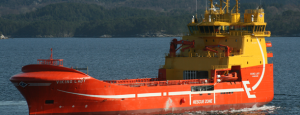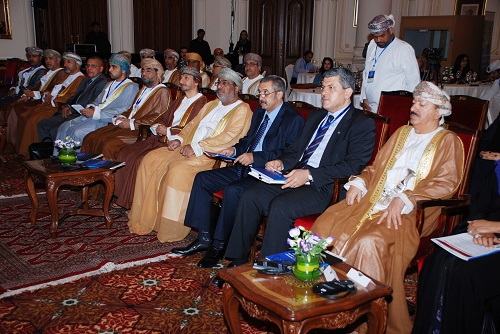
In the joint industry project managed by DNV Research and Innovation, FellowSHIP, a 300kW fuel cell was installed and operated for more than 7,000 hours on board the offshore supply vessel Viking Lady. The success with fuel cell technology indicates that it is possible to lower the contribution from shipping to global warming, DNV notes. It is able to significantly reduce CO2 emissions, improve energy efficiency and eliminate emission of harmful substances compared to conventional engine technology.
In long term, it can completely eliminate CO2 emission if hydrogen from renewables becomes available. According to DNV expert on the field, Researcher Eirik Ovrum, fuel cells can have a viable future within shipping. “DNV has paved the way for safe and smooth introduction of fuel cells for ships. We recognize that it will take time before fuel cells can become a realistic on-board alternative, mostly restricted by costs, but the FellowSHIP project has taken some important first steps towards a future for fuel cells on ships.”
The fuel cell is developed by MTU Onsite Energy GmbH, Germany. The supply vessel Viking Lady, which was used as a test laboratory for the fuel cell, is owned by Eidesvik, Norway. Wärtsilä Ship Design has designed and adapted the vessel, while Wärtsilä Norway has developed the necessary power electronics and control systems which connect the fuel cell to the electric grid on board the vessel. DNV has approved the system considering all safety and risk aspects of the installed equipment. The project is supported by the Norwegian Research Council, Innovation Norway and the German Federal Ministry of Economics and Technology.
SOURCE : http://www.adsalecprj.com/Publicity/MarketNews/lang-eng/article-126816/Article.aspx








